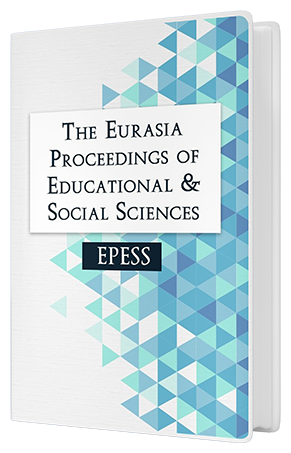Impact of Internship Programme in Engineering Education
Keywords:
Internship programme, Engineering, Engineering education, TrainingAbstract
A common opinion suggests that a distinction is somehow developed between the competence of engineering graduates and elemental requirements of the industry. Consequently, many universities in various countries have adapted internship programmes or industrial placement for some of their degree programs. This approach is also accepted and supported by many potential employers in different fields. Internships and placements are a kind of work experience obtained during the undergraduate years. Thanks to internship, the practical knowledge and understanding of students are greatly improved, especially in engineering education. It provides students with an opportunity to gain valuable working experience in their specific field and to enhance their prospects for future employment and engineering career before their graduation. This study is an attempt to evaluate the impact of such programmes on the basis of benefits and challenges. The evolution of internship programmes, alternative methods and basic principles are discussed. On the basis of the experience of Namik Kemal University, it is clear that this programme provides certain advantages for all sides but also many challenges. The students are introduced with the work life before graduation and has the chances of better preparation for the professional life. From the company point of view, they can make a very realistic assessment prior to the employment. The success of the programme depends on the level of co-operation and commitment displayed by internship students, partner companies and university academic staff. The involvement and commitment of students, support and capabilities of the factories outstands as important success criteria.Downloads
Published
Issue
Section
License
Copyright (c) 2018 The Eurasia Proceedings of Educational and Social Sciences

This work is licensed under a Creative Commons Attribution-NonCommercial-ShareAlike 4.0 International License.
The articles may be used for research, teaching, and private study purposes. Any substantial or systematic reproduction, redistribution, reselling, loan, sub-licensing, systematic supply, or distribution in any form to anyone is expressly forbidden. Authors alone are responsible for the contents of their articles. The journal owns the copyright of the articles. The publisher shall not be liable for any loss, actions, claims, proceedings, demand, or costs or damages whatsoever or howsoever caused arising directly or indirectly in connection with or arising out of the use of the research material. All authors are requested to disclose any actual or potential conflict of interest including any financial, personal or other relationships with other people or organizations regarding the submitted work.




